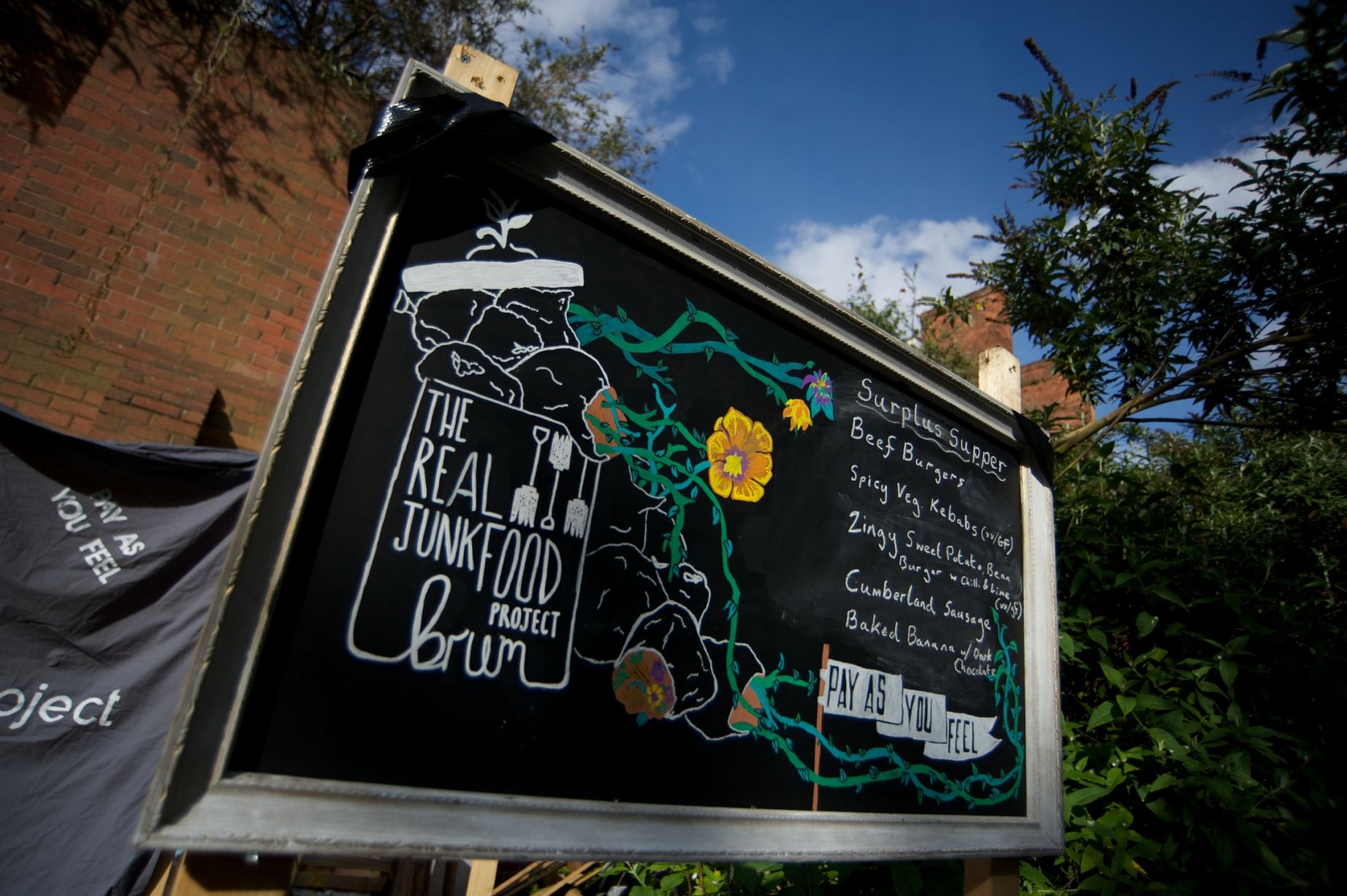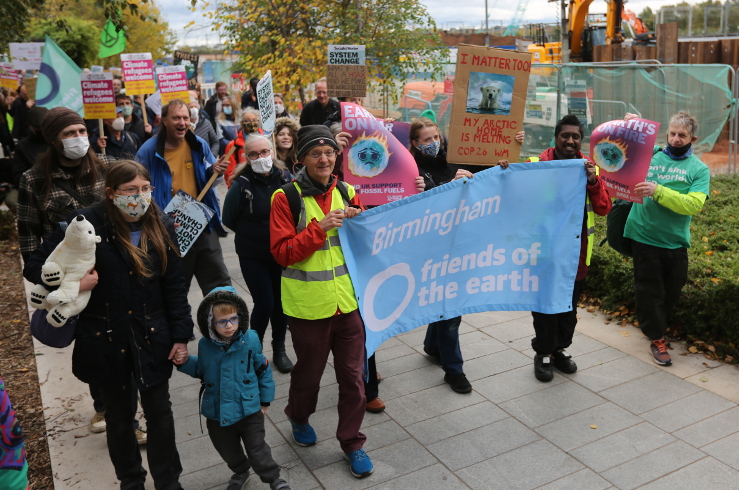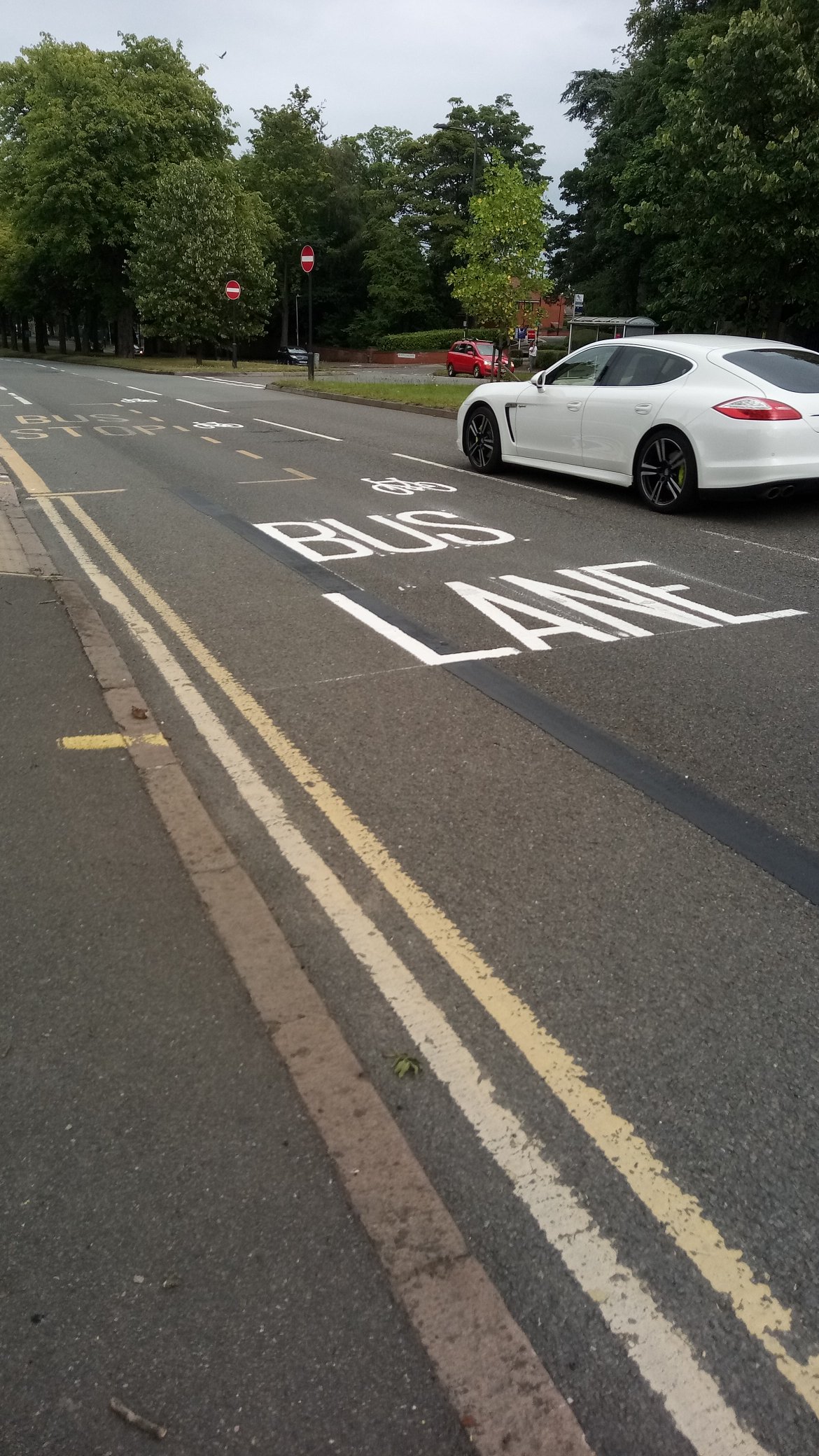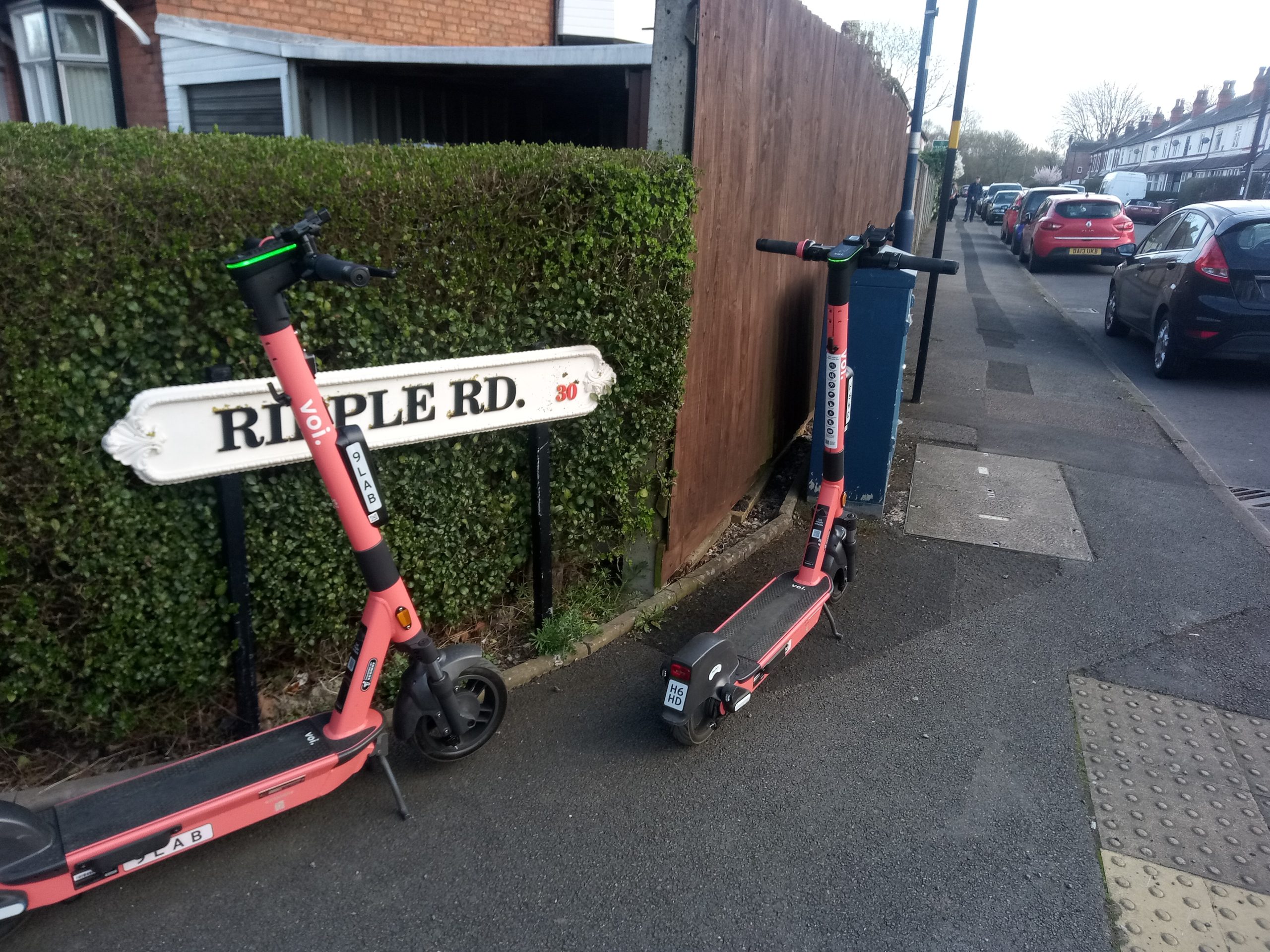Becoming a vegetarian
I first became a vegetarian in my first year of University. It was poor timing on my part, because the week before I bought fifteen cans of tuna. My reasons for becoming vegetarian were quite vague at the time. I was part of the Oxfam Outreach society and later on the Ethical Trade Society. I knew that meat consumption was not sustainable, and that being vegetarian was probably better sustainability wise than not being a vegetarian. I was a vegetarian for about half of my four years at University. At this point, when I was a vegetarian, I would not eat any meat. I’d not think beyond, “that’s meat, I’m not eating that.” I’d heard about issues like cattle farming being a massive environmental problem, but I’d not investigated the issue further
No longer being a vegetarian
When I first left University I stopped being a vegetarian for a while. I thought that I could easily eat meat occasionally. This turned out not to be the case. When I was not a vegetarian I was eating meat regularly, on a daily basis. My mind set had changed from not even thinking about eating meat, when I was a vegetarian, to thinking “yeh go on then,” when meat was an option. When I was a vegetarian I did not miss eating meat. I just considered it something that I would not eat.
Understanding why being vegetarian is important
In late 2011 I started volunteering with Birmingham Friends of the Earth. I think I was a vegetarian again by this point I learned about the true environmental cost of our meat production systems, from carbon emissions, to water pollution and from deforestation to inhumane conditions for animals. The Cattle Farming industry alone is incredibly environmentally destructive. I’d learned at school that Cows produce a lot of methane when they fart and that methane was a very potent greenhouse gas, but I did not know how much land was cleared in places like the Amazon for Cattle Farming, or how much soya was fed to Cattle. I found that one of the biggest ways to live a sustainable lifestyle was not to eat meat. Now that I knew the evidence, I became more staunch in my vegetarianism.
My introduction to The Real Junk Food Project Birmingham
I carried on being a committed vegetarian until The Real Junk Food Project Birmingham (TRJFPB) came into my life. TRJFPB delivered a presentation about food waste at a Birmingham Friends of the Earth meeting. TRJFPB described just how much perfectly edible food was being wasted daily in the food sector. Millions of tonnes of edible food gets thrown away in supermarkets, restaurants and beyond. I’d never considered this problem before and was shocked by this revelation. TRJFPB was set up to try to fight this situation. A café was set up that took perfectly edible food and served it in a pay as you feel café. The food was collected from Supermarkets. The Supermarkets were happy for TRJFPB to take the food as otherwise they would have to pay to dispose of it. TRJFPB was part of a national network of CIC’s with the same aim, to try to end avoidable food waste. Since I lived a ten minute walk from TRJFPB’s first café, I went along to see what it was like and to learn more about the problem. I was so moved by what the founders of TRJFPB had to say, that I became a director myself.
One of the things that Garethe and Eileen did to demonstrate how awful the situation was, was to go Skipping. Skipping is taking food from the bins of a food establishment like a supermarket. In many cases the Supermarkets will throw away food because it is past its sell by date, even if the food is still in good condition. I was stunned by how much good food was in the skip of this supermarket. We were able to take away a lot of food. I took enough to last me a few days. The food we skipped was not used in a café.
TRJFPB has been going for over five years now and the landscape is different now. All the food that we use has been donated by other food based organisations. In part because of The Real Junk Food Project (TRJFP) network, raising awareness of the problem of avoidable food waste, some of the food waste now goes to worthy causes rather than landfill. Organisations like TRJFP and Fareshare take some of this potential food waste and distribute it in many different ways so the food is used by people. Though these third sector organisations are doing amazing things, food waste is still a massive problem within the food industry. Only a small fraction of food waste is intercepted and prevented from going to landfill.
Consistency of argument
My interactions with TRJFPB made me revaluate my relationship with food. I now had a dilemma that I was not expecting. TRJFPB often had meat in their café meals. Surely eating this meat is better than it going in the bin? Is it better to eat meat that would be wasted otherwise? This was a question that I found difficult to resolve. To this day I’ve not came to a satisfactory conclusion. Watching edible meat go into the bin is a bad thing. However, if I eat this meat, then the supply of meat from the meat industry is less likely to reduce. As an individual my actions make no practical difference on a macro level, but for my conscience it matters. When I was a vegetarian, it was very easy to say why I was a vegetarian. The meat industry is unsustainable. Avoiding meat can help lower our carbon emissions, prevent further deforestation and water pollution. Even if other people did not agree with my argument, they could easily understand it. It is much harder to argue that the meat system is unsustainable and then eat meat itself. To say that I normally would not eat meat, but I’m eating this burger because otherwise the burger would be wasted is a pragmatic argument, but a harder message to communicate. Flexitarianism is one name for this kind of diet. A flexitarian diet can mean quite a few things, but part of it includes reducing meat consumption. At the moment I’m mostly a vegetarian. I’d eat meat if it was going to go to waste. A truly sustainable diet would be vegan, so I do try to eat vegan meals when I have the option.
My experiences of TRJFPB completely changed the way that I see food. I had no idea about the scale of the problem of avoidable food waste. I changed my behaviour because I was provided with new information that I was not expecting. There are many different things to factor in when considering a sustainable diet, but one thing for certain is that we must drastically reduce the amount of meat that we eat at the moment.








